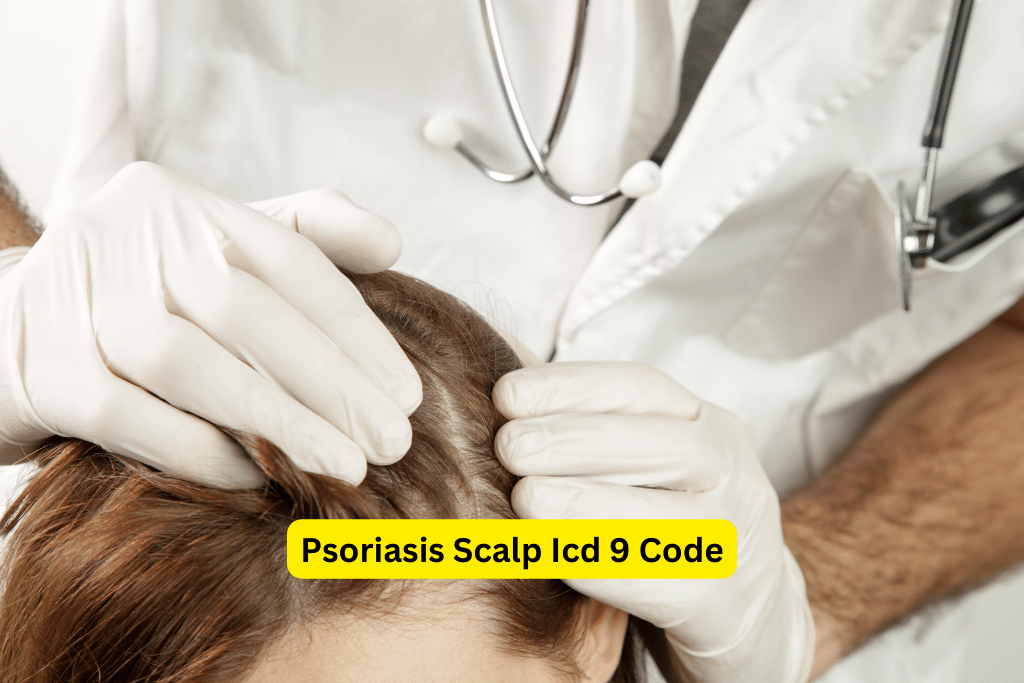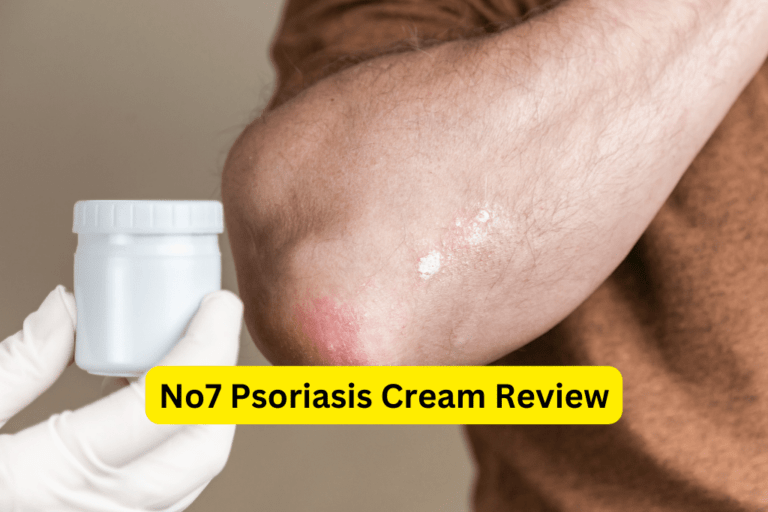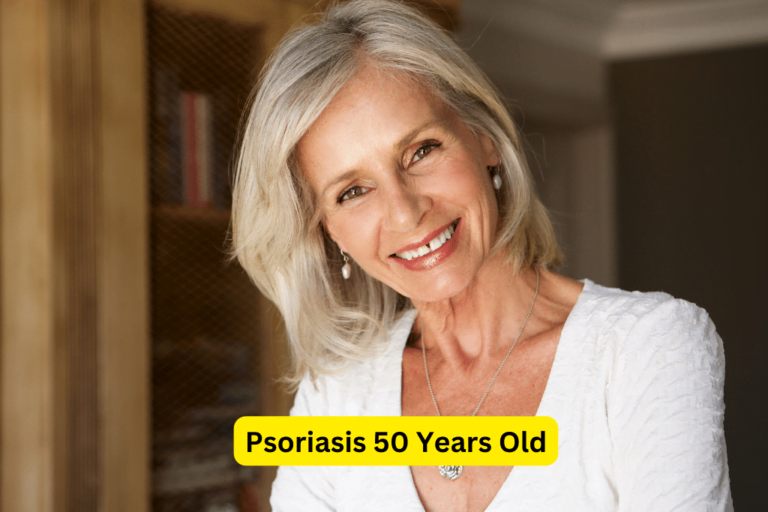Demystifying Psoriasis Scalp ICD 9 Code
Psoriasis Scalp Icd 9 Code
Psoriasis scalp is a chronic skin condition that affects millions of people worldwide. It is characterized by red, inflamed patches on the scalp, often accompanied by flaking and itching. Accurately coding this condition using the correct ICD 9 code is crucial for effective medical documentation and communication. Healthcare professionals face challenges in diagnosing and treating psoriasis scalp due to its variable symptoms and the potential for misdiagnosis. In this article, we will provide a comprehensive understanding of psoriasis scalp, explore the significance of ICD 9 codes, guide healthcare professionals in identifying the correct code, discuss the implications and documentation of psoriasis scalp with the ICD 9 code, delve into clinical management and treatment options, address psoriasis scalp in different patient populations, and highlight the latest research and innovations in psoriasis scalp management.
Understanding Psoriasis Scalp
Psoriasis is an autoimmune disease that causes the rapid turnover of skin cells, leading to the formation of thick, scaly patches. While psoriasis can affect various parts of the body, psoriasis scalp is one of its common manifestations. It can significantly impact a person’s quality of life, causing discomfort, self-consciousness, and emotional distress. Symptoms of psoriasis scalp include red patches, scales, itching, and in severe cases, hair loss. It is important to understand the specific characteristics and symptoms of psoriasis scalp to provide appropriate diagnosis and treatment.
Overview of ICD 9 Code
The International Classification of Diseases, Ninth Revision (ICD 9) is a coding system used worldwide to classify and report medical conditions. It provides a standardized way of documenting diseases and health conditions for accurate communication between healthcare professionals, insurance claims, and statistical purposes. The ICD 9 code for psoriasis scalp allows healthcare professionals to classify and record this specific condition.
Identifying the Correct ICD 9 Code for Psoriasis Scalp
The ICD 9 code for psoriasis scalp is 696.1. Healthcare professionals must follow a step-by-step process to ensure accurate coding. Firstly, they need to identify the category for skin disorders (category 680-709) in the ICD 9 code manual. From there, they can narrow down to the subsection for psoriasis (category 696) and further specify psoriasis scalp (sub-category 696.1). Accurate coding is essential for insurance claims and statistical purposes, as it provides crucial information for research, resource allocation, and disease tracking.
Implications and Documentation of Psoriasis Scalp with ICD 9 Code
Using the ICD 9 code for psoriasis scalp in medical documentation has several implications. It facilitates proper communication between healthcare professionals, ensuring accurate understanding of the patient’s condition and treatment history. Accurate coding also helps in coordinating patient care, conducting research studies, and implementing public health initiatives related to psoriasis scalp. Moreover, ICD 9 codes assist in monitoring treatment outcomes and assessing the burden of the disease on individuals and society.
Clinical Management and Treatment of Psoriasis Scalp
The management of psoriasis scalp involves a multidisciplinary approach. Treatment options range from topical medications to phototherapy and systemic medications. The choice of treatment depends on the severity of the condition and individual patient factors. Topical treatments such as corticosteroids, calcipotriene, and salicylic acid can help reduce inflammation and control symptoms. Phototherapy, which involves exposure to ultraviolet light, can also be effective. In severe cases, systemic medications like biologics may be prescribed. Alongside medical treatments, lifestyle changes, such as stress management, gentle scalp care, and avoidance of triggers, can aid in managing symptoms and preventing flare-ups.
Psoriasis Scalp in Different Patient Populations
Psoriasis scalp can present unique challenges in different patient populations. For children, treating psoriasis scalp requires age-appropriate medications and considerations to minimize any potential impact on growth and development. Elderly patients may have additional medical conditions, which should be taken into account when prescribing treatments for psoriasis scalp. Individuals with comorbid conditions, such as diabetes or cardiovascular disease, may require a tailored approach to treatment to address potential interactions and complications.
Latest Research and Innovations in Psoriasis Scalp Management
Ongoing research and innovations in psoriasis scalp management offer hope for improved outcomes. Emerging therapies, clinical trials, and potential breakthroughs aim to provide more targeted and effective treatments. Genetic research may unravel the underlying causes of psoriasis, leading to personalized treatments. Additionally, advancements in biologics and other systemic medications offer promising options for managing psoriasis scalp. Staying informed about new developments in the field is crucial for healthcare professionals in providing optimal care to patients.
Conclusion
Psoriasis scalp is a chronic condition that can significantly impact a person’s quality of life. Accurate coding using the correct ICD 9 code, such as 696.1, is vital for effectively documenting and communicating the condition. It supports patient care coordination, research, and public health initiatives related to psoriasis scalp. By staying updated on the latest research and treatment options, healthcare professionals can provide the best possible care for individuals with psoriasis scalp.
"Have You Seen Mike Walden's new holistic acne System yet? It's called "Acne No More" I've read the whole thing (all 223 pages) and there's some great information in there about how to naturally and permanently eliminate your acne without drugs, creams or any kind of gimmicks. I highly recommend it - it's very honest and straightforward without all the hype and b.s. you see all over the net these days. Here's the website where you can get more information:
Click Here -->AcneNoMore









